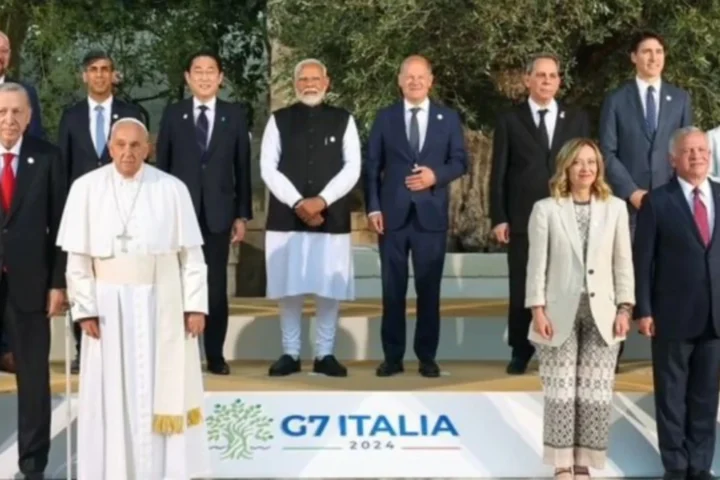The use of Electoral Bonds in India has become a subject of controversy and legal challenges. During a recent hearing on the matter, Chief Justice of India, D Y Chandrachud, made thought-provoking remarks. In this blog, we’ll delve into the key arguments and concerns raised during these proceedings.
Disclosure and Transparency The Legacy of the Past
In the earlier regime, corporations could make political contributions, but these were limited to 7.5% of their total profits. What set this apart was the mandatory disclosure of these contributions. Such transparency allowed for public scrutiny, ensuring that there were no hidden quid pro quo arrangements.
Electoral Bonds The Anonymity Challenge
The introduction of Electoral Bonds has significantly changed this landscape. It has raised concerns about transparency and accountability. By anonymizing donations, it becomes difficult to trace the source and purpose of these contributions. This fundamental shift has alarmed many.
Privileging the Ruling Party Uneven Playing Field
Prashant Bhushan, representing the Association for Democratic Reforms (ADR), argued that the Electoral Bond system appears to favor the ruling party, tilting the level playing field against smaller parties and individual candidates. This privileging of one side has raised questions about fairness and democracy.
Promoting Corruption The Dark Side of Anonymity
The argument put forth is that the anonymity of donations promotes corruption. It creates a veil of secrecy that obscures potential quid pro quo arrangements. Prashant Bhushan contended that the right to a corruption-free society, enshrined in Article 21 of the Indian Constitution, is compromised by this opacity.
Lack of Spending Requirement The Free Rein of Political Parties
Kapil Sibal, another senior advocate, pointed out that Electoral Bonds do not establish a connection between donations and the electoral process. Political parties can utilize these funds without specific spending requirements. This freedom raises concerns that the funds could be diverted for various purposes, potentially shielding wrongdoers from prosecution.
Privilege of Anonymity Citizen vs. Corporate Donations
Sibal emphasized the discrepancy between corporate sector donations and those made by ordinary citizens. Corporations, which don’t exercise the right to vote, can make substantial contributions without public disclosure. In contrast, a citizen’s name is disclosed even for relatively smaller contributions. This unequal treatment raises questions about fairness in the system.
Jotting it down
The debate surrounding Electoral Bonds in India revolves around fundamental principles of transparency, accountability, and fairness in the political funding process. While proponents argue for privacy and the protection of donors, critics express valid concerns about potential corruption, the privilege of anonymity, and imbalances in the political landscape. The outcome of these legal challenges will have far-reaching implications for India’s electoral financing system.







